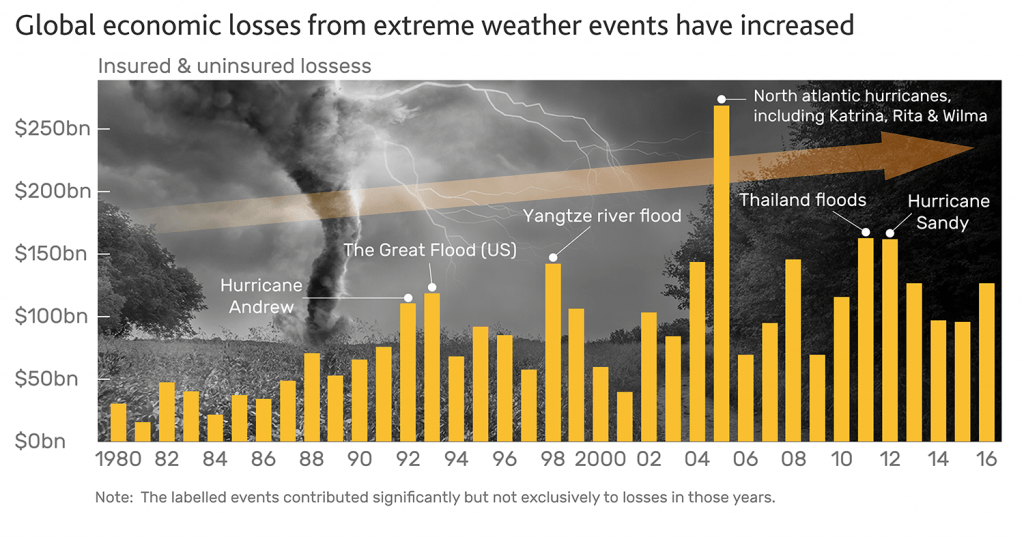‘Climate Shock’: climate change is “almost uniquely global, uniquely long term, uniquely irreversible, and uniquely uncertain”.
.
Everyone’s jumping on the ‘net zero’ bandwagon – but to what extent is it being taken seriously?
Our climate strategy | HSBC Holdings plc
Last week, the bank responded to comments by one of its top execs:
HSBC Suspends Executive Who Downplayed Climate Change Risks – Bloomberg
And there’s been quite a response:
HSBC suspends banker over ‘nut job’ climate comments, say reports – BBC News
With an analysis of all the responses here:
If we are to progress towards net zero with the necessary urgency the (real) responsible investment community (as well as regulators, policymakers, clients and others) needs to be aware of, understand and respond to differences in opinion – preferably without the kinds of insults Mr Kirk employed (as amusing as some were).
A collection of responses to HSBC’s Kirk extraordinary climate speech – Fund EcoMarket
And a very sharp analysis from Pilita Clarke of the FT here:
HSBC saga reveals how much climate and financial risk are misunderstood
The Stuart Kirk spat reveals the profound level of uncertainty that makes global warming unlike any other public policy problem
HSBC banker Stuart Kirk has done the world of green finance a tremendous service. He has exposed widespread, muddled thinking about a central aspect of climate change: financial risk. It is not the lesson that he intended, nor one that many in the industry wish to take, but it is a start. Kirk, the global head of responsible investing at HSBC’s asset management division, gave a brief but riveting presentation at an FT Moral Money event last week that he titled “Why investors need not worry about climate risk”.
Climate finance conferences rarely provoke, amuse or shock. Kirk managed to do all three, spectacularly, as he argued central bankers and other financial leaders were over-egging the threats posed by climate change. “Unsubstantiated, shrill, partisan, self-serving, apocalyptic warnings are ALWAYS wrong,” said one slide. “Nut jobs” had been warning of the Y2K computer glitch and other calamities for decades, he added, assuring offence well beyond the financial world.
By Sunday, Kirk, who used to edit the FT’s Lex column, had been suspended as the bank investigated his presentation — the theme and content of which had been agreed internally. HSBC has since been variously accused on social media of punishing a courageous truth-teller, and promoting a dangerous climate sceptic to its senior ranks.
Both pictures are flawed. But the larger problem this affair reveals is the enduring depth of misunderstanding about a key reason why global warming is unlike any other public policy problem: the profound level of uncertainty.
As economists Gernot Wagner and Martin Weitzman wrote in their 2015 book Climate Shock, climate change is “almost uniquely global, uniquely long term, uniquely irreversible, and uniquely uncertain”. We know that emitting more greenhouse gases raises average global temperatures and, if emission rates persist, there is a chance the world will be transformed into a state unseen for millions of years. What we cannot know is precisely how this transformation might unfold, nor exactly what responses could ultimately emerge to address it.
…
HSBC saga reveals how much climate and financial risk are misunderstood | Financial Times
Finally, from the Bank of England: from 2019:

Climate change: what are the risks to financial stability? | Bank of England